Some UK supermarkets to ban selling energy drinks to anyone under 16
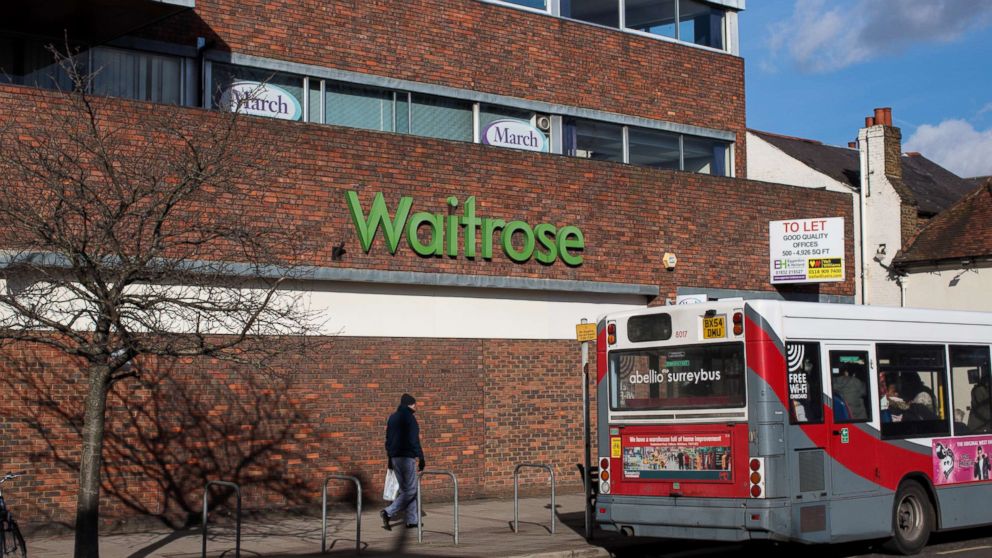
— -- Several chain supermarkets in the United Kingdom have begun implementing a voluntary ban on the sale of energy drinks to people under the age of 16.
Waitrose, a chain with more than 350 stores throughout the U.K., today began requiring proof of age for customers buying energy drinks containing more than 150 mg of caffeine per liter.
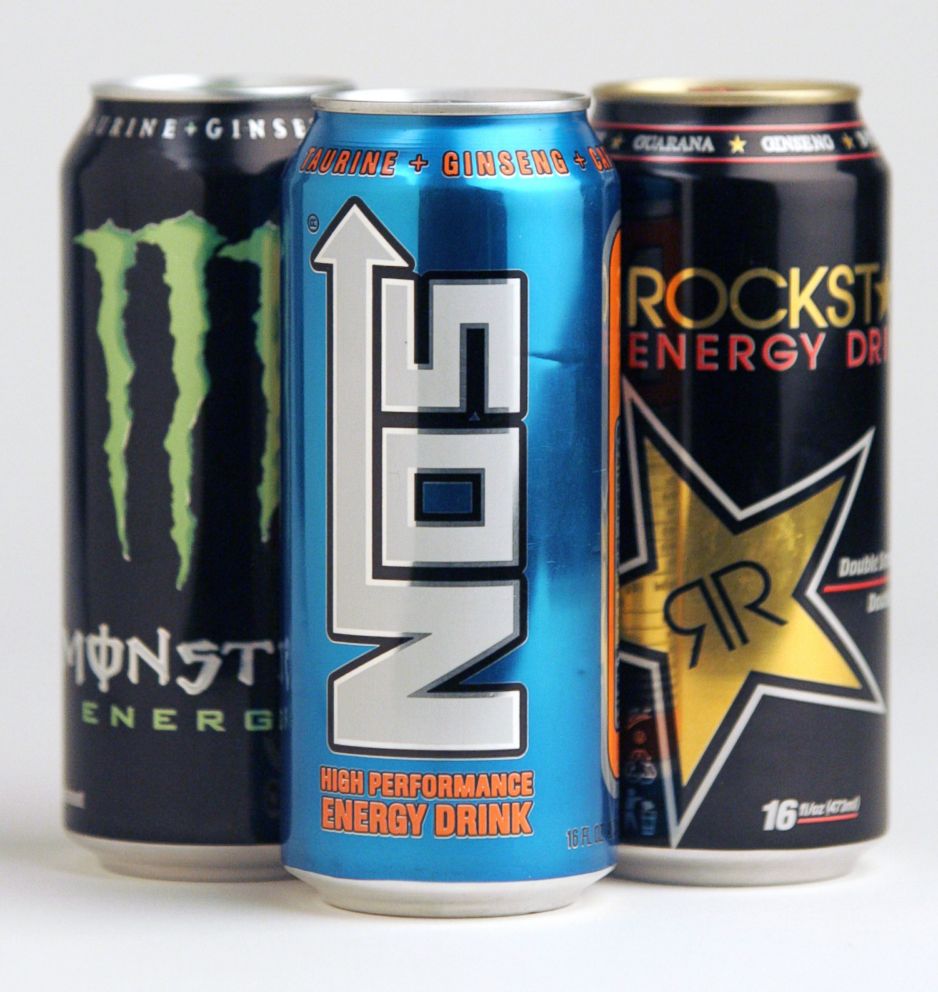
"As a responsible retailer, we want to sell these products in line with the labelling guidance," Simon Moore, Waitrose’s director of technical and corporate social responsibility, said in a statement on the company’s website. "These drinks carry advice stating that they are not recommended for children, so we’re choosing to proactively act on that guidance, particularly given the widespread concerns which have been raised about these drinks when consumed by under 16s."
Drinks sold in the U.K. that contain more than 150 mg of caffeine per liter must already carry a label alerting customers to high caffeine content, according to guidelines issues by the European Union Food Information Regulation.
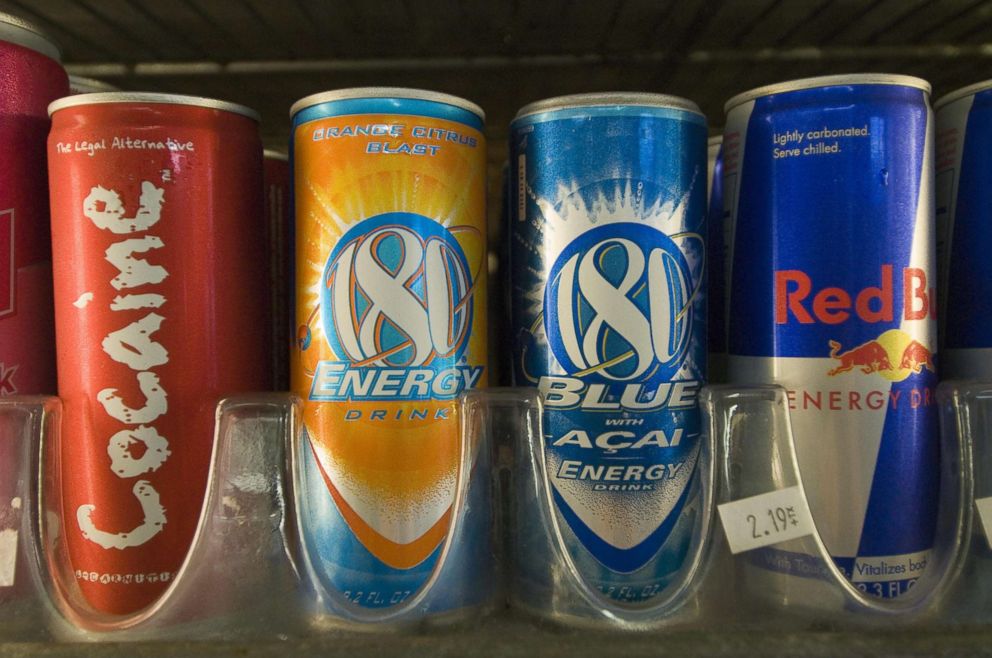
The label must include this warning, according to the guidelines, placed near the name of the product: "High caffeine content. Not recommended for children or pregnant or breast-feeding women."
Seven other U.K. retailers are joining Waitrose in enforcing the voluntary ban, the BBC reported.
Jamie Oliver, a London-based chef who has taken on the cause of childhood obesity, welcomed the retailers’ actions in a tweet, saying the retailers, "have done the right thing! stopping the sale of energy drinks to children."
The amount of caffeine in one of the energy drinks, 150 mg, is roughly equivalent to two-and-a-half cups of instant coffee, if they are eight ounces each,according to the Mayo Clinic.
It's unclear how much caffeine is safe or unsafe for teens or young children, since studies of its effects are not permitted in children.
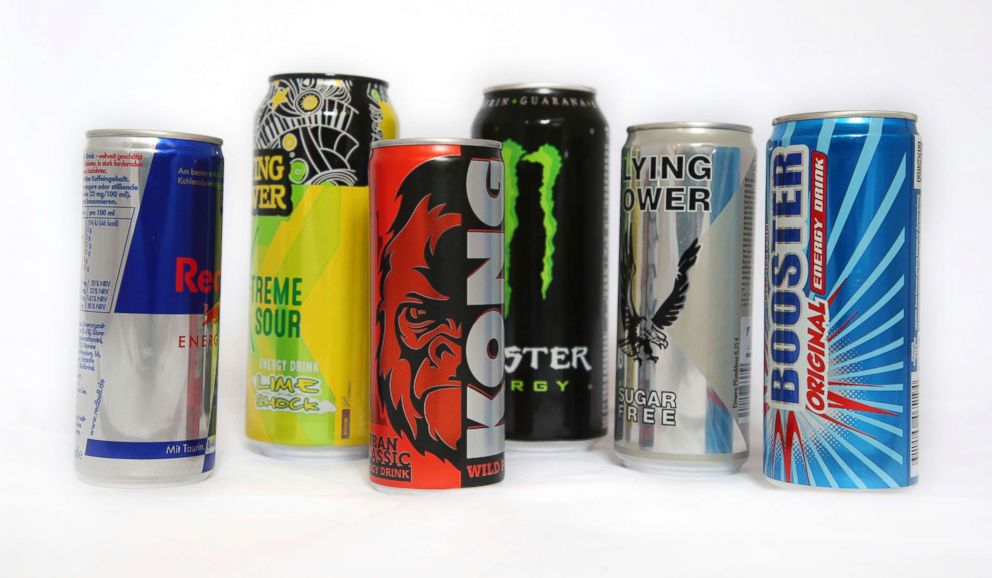
For adults, the FDA has cited around 400 milligrams of caffeine a day as an amount not generally associated with dangerous side effects.
The American Academy of Pediatrics (AAP) advised parents in a 2011 report to keep kids and teens away from energy drinks over concerns about the high levels of caffeine.
"Energy drinks contain substances not found in sports drinks that act as stimulants, such as caffeine, guarana and taurine," the AAP said in a statement at the time. "Caffeine –- by far the most popular stimulant –- has been linked to a number of harmful health effects in children, including effects on the developing neurologic and cardiovascular systems."
In addition to those additives, energy drinks can contain kola nut, yerba mate and cocoa, which bring additional caffeine, according to the report published in Pediatrics.
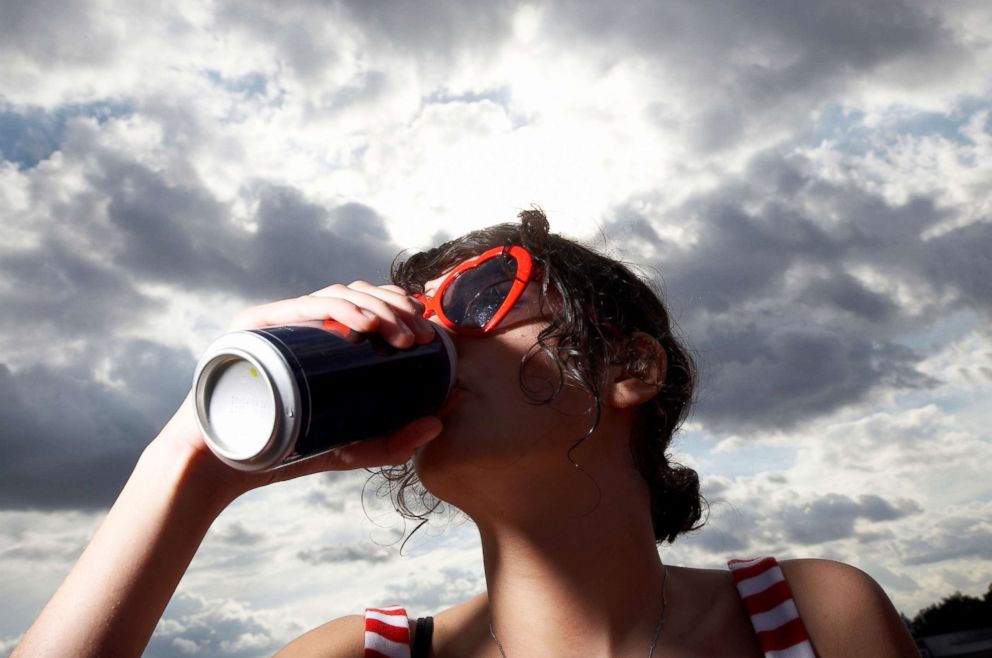
In 2011, there were 1,499 adolescents aged 12 to 17 who went to emergency rooms for an energy drink related emergencies, up from 1,145 adolescents in 2007, according to the Centers for Disease Control and Protection.
Side effects of excess caffeine consumption by children include anxiety, jitteriness, headache, fatigue, irritability, elevated blood pressure and heart palpitations, experts say. The effects can be serious if the child has an underlying heart issue.




